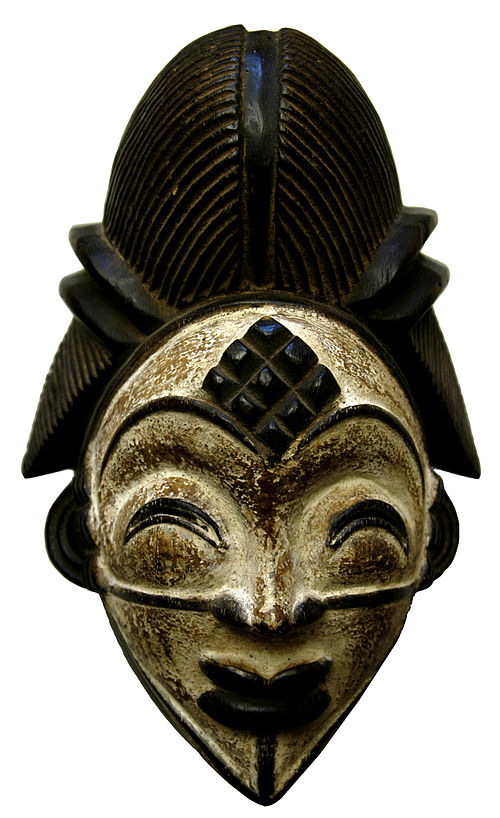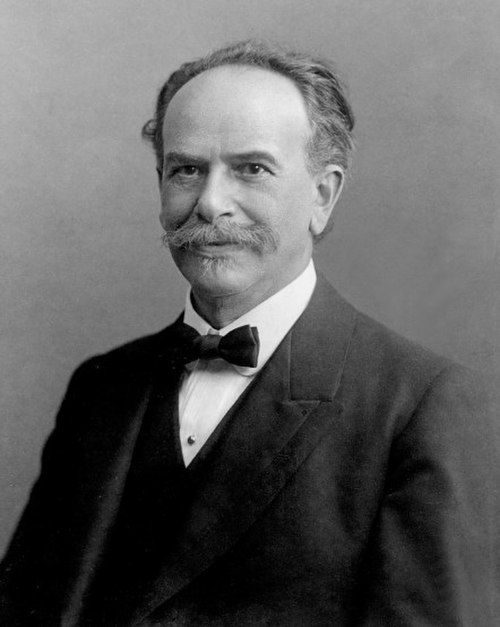Anthropologynoun
The holistic scientific and social study of humanity, mainly using ethnography as its method.
Anthropologynoun
The science of the structure and functions of the human body.
Anthropologynoun
The science of man, including the study of the ditribution of physical and cultural attributes in relation to man's origin, location, history, and environment; - sometimes used in a limited sense to mean the study of man as an object of natural history, or as an animal.
Anthropologynoun
That manner of expression by which the inspired writers attribute human parts and passions to God. See also anthropopathite, anthropopathism, anthropomorphist.
Anthropologynoun
the social science that studies the origins and social relationships of human beings
Anthropologynoun
the study of human societies and cultures and their development.
Anthropologynoun
the study of human biological and physiological characteristics and their evolution.
Anthropology
Anthropology is the scientific study of humanity, concerned with human behavior, human biology, cultures and societies, in both the present and past, including past human species. Social anthropology studies patterns of behaviour, while cultural anthropology studies cultural meaning, including norms and values.
Sociologynoun
The study of society, human social interaction and the rules and processes that bind and separate people not only as individuals, but as members of associations, groups and institutions
Sociologynoun
That branch of philosophy which treats of the constitution, phenomena, and development of human society; social science.
Sociologynoun
the study and classification of human societies
Sociology
Sociology is a social science that focuses on society, human social behaviour, patterns of social relationships, social interaction, and aspects of culture associated with everyday life. It uses various methods of empirical investigation and critical analysis to develop a body of knowledge about social order and social change.


























